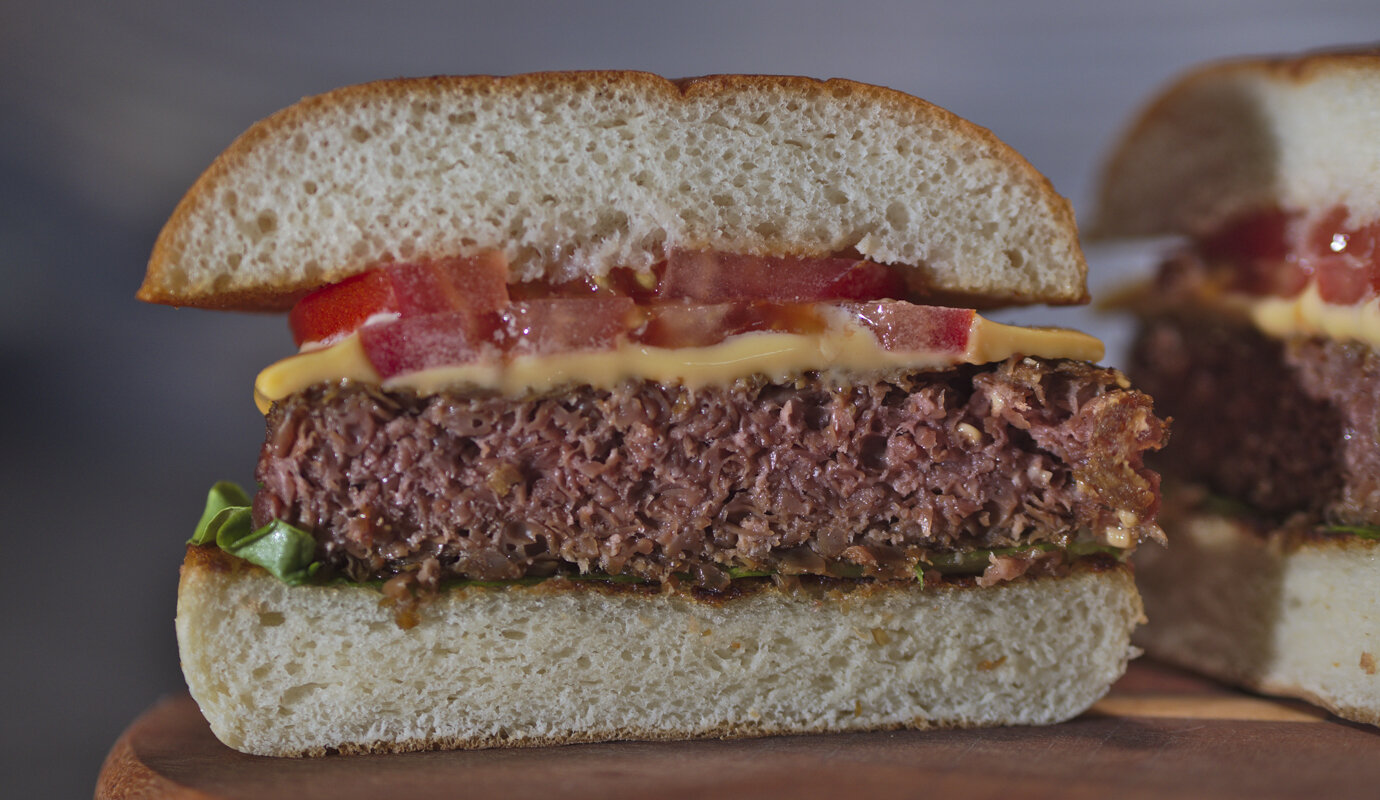Too often antibiotics are prescribed for a cold or in a “just in case you may have an infection” scenario. When we take antibiotics, which is especially common during the winter months, we are killing the bad bacteria causing the infection but, consequently, also all of our good bacteria that supports our immune system. This makes replenishing with probiotics essential for vitality!
I’m sure most of you have heard of probiotics, but what exactly are they? Probiotics are sources of live, naturally occurring bacteria that are used to improve and restore (bring back to balance) the gut micro biome. In simple terms, they are good bacteria that help to crowd out or fight off bad bacteria, keeping our immune system strong. This is especially important right now during this pandemic.
The best way to replenish our good bacteria is by incorporating probiotic foods into our diet. These include:
Kefir (coconut or dairy if tolerated)
Kimchi
Sauerkraut
Natto
Tempeh
Pickled veggies
Miso
Coconut yogurt
If you are a picky eater and can’t incorporate these into your daily diet, it is best to supplement with 1 capsule daily.
When considering which supplement to buy, here are some points to consider:
Start low and slow. Begin with 5 or 10 billion CFU (colony forming unit) and work your way up. The higher the CFU the better. This means there are higher levels of live bacteria at the time of ingestion.
Choose a broad spectrum probiotic with multiple species and strains.
Best quality probiotics are kept refrigerated.
Recommended brands: Genestra, Genuine Health, New Chapter
















